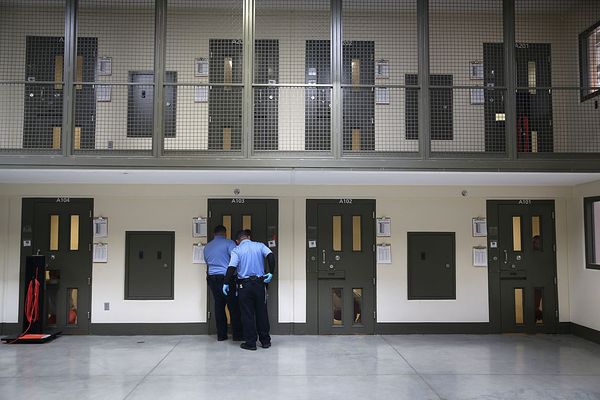
China's National People's Congress is currently concluding its annual meeting, one of the two significant political sessions taking place in the country this month. The other session, held by China's political advisory body, concluded on Sunday.
The National People's Congress is a gathering of the country's legislature, where nearly 3,000 delegates convene to discuss and vote on various government proposals, including budgets and reports. This year's session is notably shorter, lasting only one week compared to the usual two-week duration in the past.
During the session, delegates are expected to pass the government proposals with close to unanimous votes, reflecting a departure from the more dissenting atmosphere of the 1990s and early 2000s. In those times, some delegates would cast dissenting votes to express their discontent with the government.
The session is taking place in Tiananmen Square, a location that has seen increased security measures in recent years. Access to the square is now restricted, requiring strict ID and security checks, and entry is by appointment only. Foreign reporters face additional challenges, as they are often denied entry due to their journalist visas.
This year's National People's Congress marks the first 'normal' session post-pandemic, without the need for press bubbles or COVID-related restrictions. Despite the scripted nature of the event, with delegates expected to pass proposals swiftly, the implications of the session extend beyond China.
Many observers view the concentration of power in the hands of a single individual as a sign of diminished institutional checks and balances within the country. The cancellation of the annual premier's press conference further reinforces this perception, raising concerns about the implications not only for China but also for the global community.







